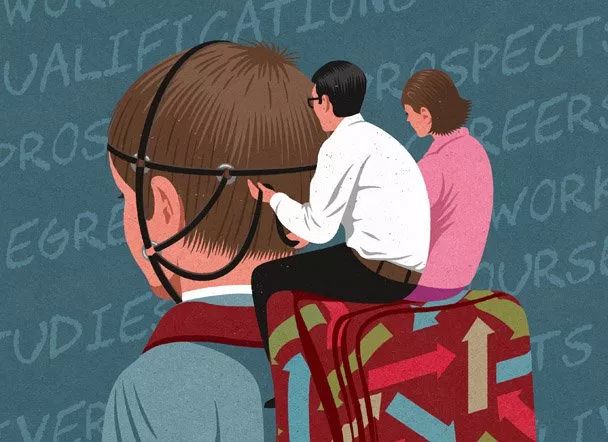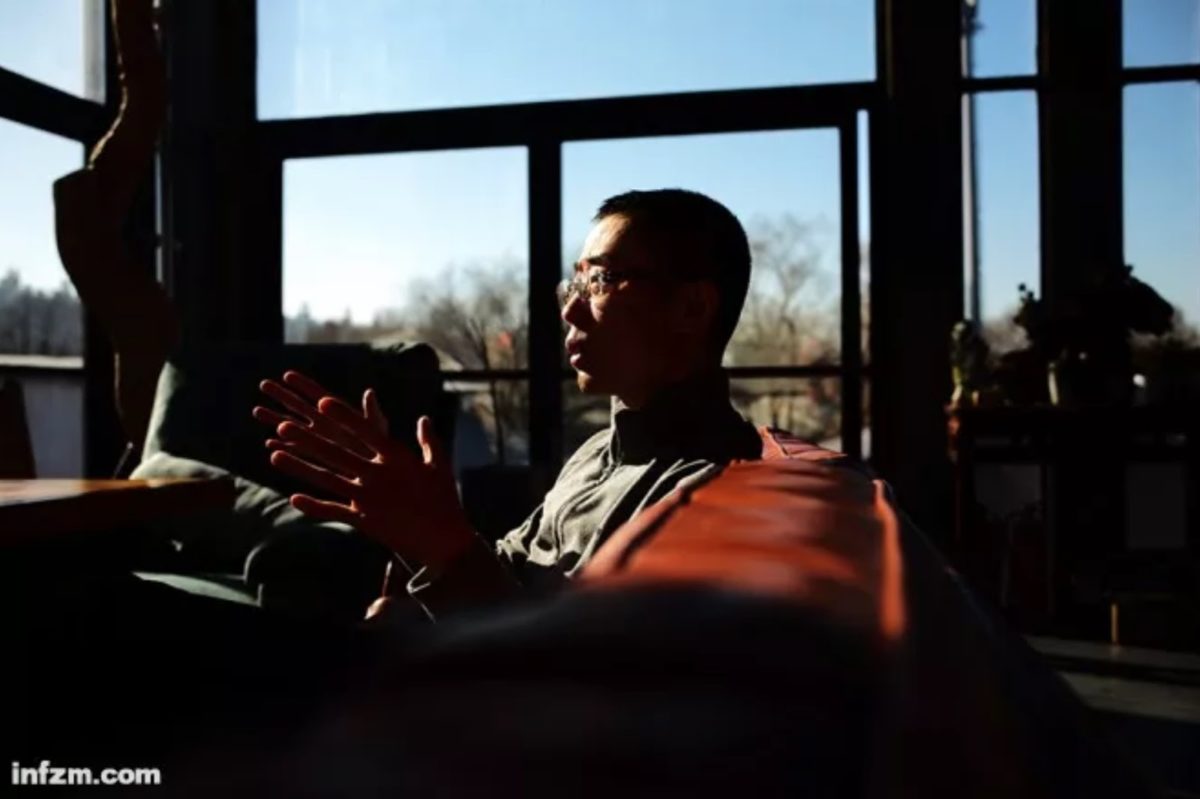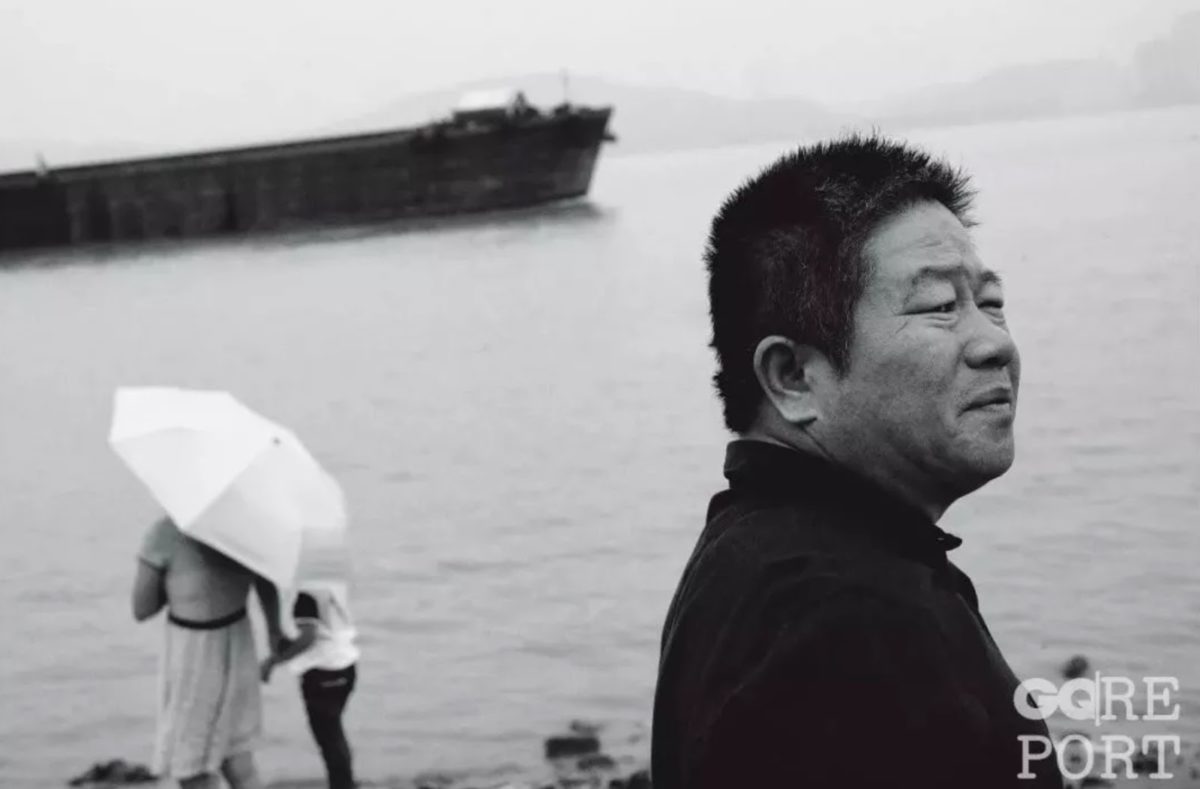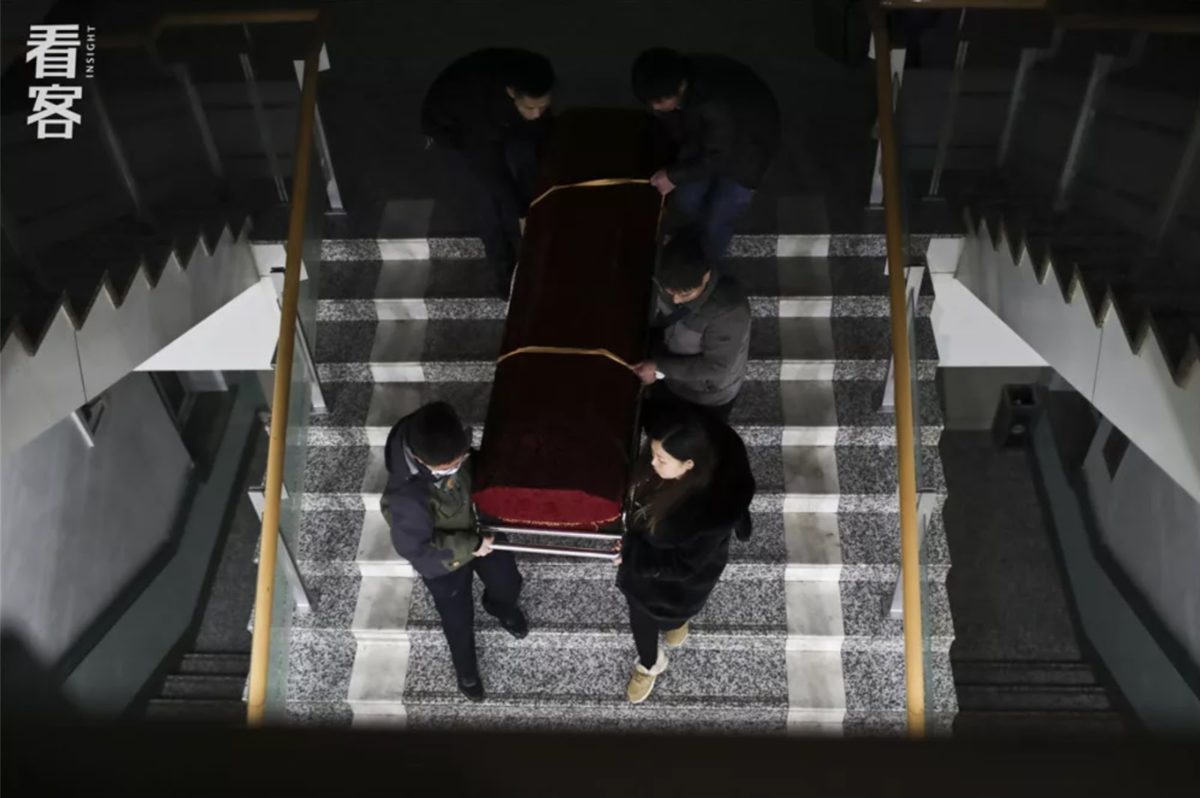Chinese Corner: Parenting with resentment, whistleblowing, and the lifesaver of Nanjing Suicide Bridge
Chinese Corner: Parenting with resentment, whistleblowing, and the lifesaver of Nanjing Suicide Bridge

Becoming parents while resenting parents
“父母皆祸害”小组十一年 那批80后也为人父母了
11 years into the existence of an “anti-parents” online community, its members, born in the 1980s, have become parents
By Sū Wéichǔ 苏惟楚
January 21, 2019
For outsiders, the “anti-parents” group on Douban, whose mission is to “resist damage caused by ultra-conservative, ignorant, and unreasonable parents,” is a toxic online community where angsty teens congregate to make groundless accusations against their parents. But for its members, many of whom who have grown up in fraught parent-child relationships that are often defined by abuse and manipulation, the group is the only safe space for them to share stories, seek comfort, and try to overcome emotional trauma inflicted by parents without the fear of being judged and condemned for their resentment.
Eleven years into its existence, the community has seen people come and go. The first wave of members who built the board from scratch are now grappling with parenting themselves. This profile delves into some of the members’ troublesome relationships with their parents and discovers the lifelong impact that’s had, especially in the way they interact with their own kids.

The immense toll of whistleblowing
悲观者花总:挣脱那个名为“英雄”的壳
Pessimist Huazong: Struggling to shake off the burden of being a “hero”
By Gāo Yīchēn 高伊琛
January 24, 2019
Last year, activist blogger “Boss Hua lost the Monkey King’s magic wand” (@花总丢了金箍棒 huāzǒng Diūle jīn gū bàng, hereafter Boss Hua) knocked China’s entire hotel industry down a peg by publishing a video exposing problems of hygiene at several luxury hotels. Since then, this “hero” heralded by the public has become an enemy of the country’s hospitality industry.
In this profile, Boss Hua addresses what drives him to wage battles against corrupt aspects of the society. “I’d rather to be someone who’s still asleep,” Boss Hua says, a reference to the great Chinese writer Lu Xun 鲁迅. “But the thing is, I’m already awake, and the wokeness keeps me frustrated.”

Lifesaver at Nanjing’s suicide bridge
南京大桥上的自杀终结者
Nanjing Yangtze River Bridge’s suicide stopper
By Lǐ Yǐngdí 李颖迪
January 23, 2019
For decades, the Yangtze River Bridge in Nanjing has served as an eerie magnet for people contemplate ending their lives. According to local police, since its establishment in 1960, over 2,000 people have attempted suicide by jumping off the bridge, with very few surviving.
Amid an overwhelming sense of sadness, Chen Si 陈思, a 51-year-old migrant worker, has been waging a long-term battle to stop people from plunging to their deaths. Since 2003, he has spent every weekend patrolling the bridge, trying to persuade every suicidal person he sees to choose life.

An embalmer’s criminal past and his endeavor to empower ex-convicts
出狱后,东北大哥做起了“死人生意”
After release from jail, he started a “dead people” business
By Dù Wénwén 杜雯雯
January 16, 2019
After spending 23 years in prison due to various crimes ranging from violence to theft, Fan San knows all about the discrimination faced by job-seekers with a criminal record.
After constant rejection, Fan eventually became an embalmer, an occupation that few people in China are willing to take on due to the deeply seated idea that dealing with death is taboo.
Fan’s frustration eventually led him to open a small-scale funeral home in Shenyang, which he branded as a welcome place for former inmates, who, he believes, deserve a second chance to reintegrate into society.

Below are some of the best things I read this week:
- 专访崔永元:我有个人恩怨,不是神,也没有那么老谋深算 “I have nemeses. I’m not a god. And I’m not as calculated as the public thinks”: An interview with Cui Yongyuan
TV host Cui Yongyuan explains what drove him to expose the biggest tax-evasion scandal in the Chinese entertainment industry, involving Fan Bingbing. - 《金瓶梅》里的“性” “Sex” in The Plum in the Golden Vase
“I believe the most vital themes throughout the book are sex and death. Readers with enough patience and wisdom can see through them and rethink about themselves.” - 当民谣不再真诚,死了就死了吧 When folk music lacks sincerity, just let it die
It took years for Chinese folk music to break into the mainstream, but its growth is unsustainable. - 中国到底哪里的“土特汽水”最好喝? Where to find the best local soda in China
- 寒冬裁员故事:泡沫、浮华、幻灭,暗算 Layoff stories in the winter: Bubbles, ostentation, disillusion, and conspiracy
- 谁为英语狂 Who is crazy for English?
In China, English is more than a language. Rather, it’s an ideology, a political tool, and a phenomenon. - “绿帽子”是如何被污名化的? How “green hats” get stigmatized
An exploration into how a colored object became a symbol of cuckolded men.









